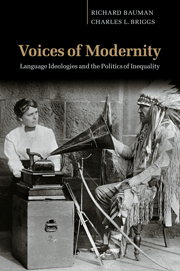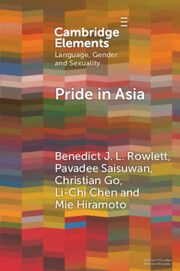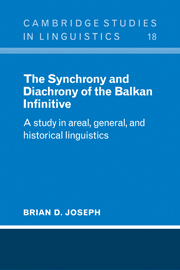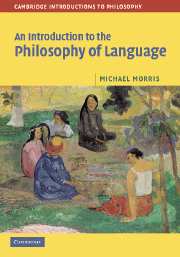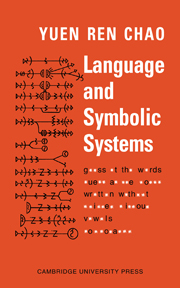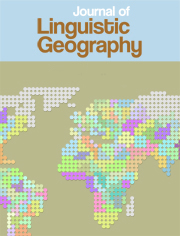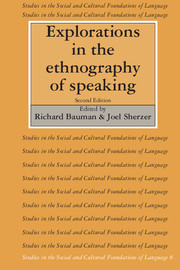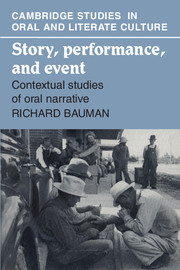Voices of Modernity
This study asserts that conscious development of new ways of thinking about language had a crucial role in modern history, particularly the discovery of how differences between languages legitimated social inequalities. It claims that savages and ancients were judged alike because they used language similarly, in contrast to modern Europeans who used disciplined language in scientific, philosophical and legal projects.
- Looks at how language ideologies and practices are intertwined with the construction of social and political spheres in the making of 'modernity'
- Looks at several centuries, countries and languages and draws on a wide range of academic disciplines
- Addresses anthropologists, sociolinguists, literary studies specialists, intellectual historians, philosophers of language, and literary critics
Awards
Winner of the Sapir Book Prize awarded by the Society for Linguistic Anthropology who cited the authors' success in 'investigating the role of ideologies of language in the shaping of modernity'. In doing so, 'the book brings linguistic anthropology to the forefront of contemporary debates in the hu
Reviews & endorsements
"...an extremely useful guide to the intellectual history of the modern era"-Canadian Journal of Sociology Online
"...A unique and singular book. Richard Bauman and Charles Briggs have crafted a wide-ranging and far-reaching work based on years of meticulous research that should be read closely be anyone with an interest in the emergence of "the folk," "folklore," and "folkloristics" in modernizing Europe...It has a prominent place in my library, is it should in anyone's." -David Samuels, University of Massachusetts, Amherst: Journal of American Folklore
Product details
August 2003Hardback
9780521810692
376 pages
229 × 152 × 22 mm
0.67kg
Available
Table of Contents
- 1. Introduction
- 2. Making language safe for science and society: from Francis Bacon to John Lock
- 3. Antiquaries and philologists: the construction of modernity and its others in seventeenth- and eighteenth-century England
- 4. The critical foundations of national epic: Hugh Blair, the Ossian controversy, and the rhetoric of authenticity
- 5. Johann Gottfried Herder: language reform, das Volk, and the patriarchal state in eighteenth-century Germany
- 6. The Brothers Grimm: scientizing, textual production in the service of romantic nationalism
- 7. Henry Rowe school craft and the making of an American textual tradition
- 8. The foundation of all future researches: Franz Boas, George Hunt, Native American texts and the construction of modernity
- 9. Conclusion.

